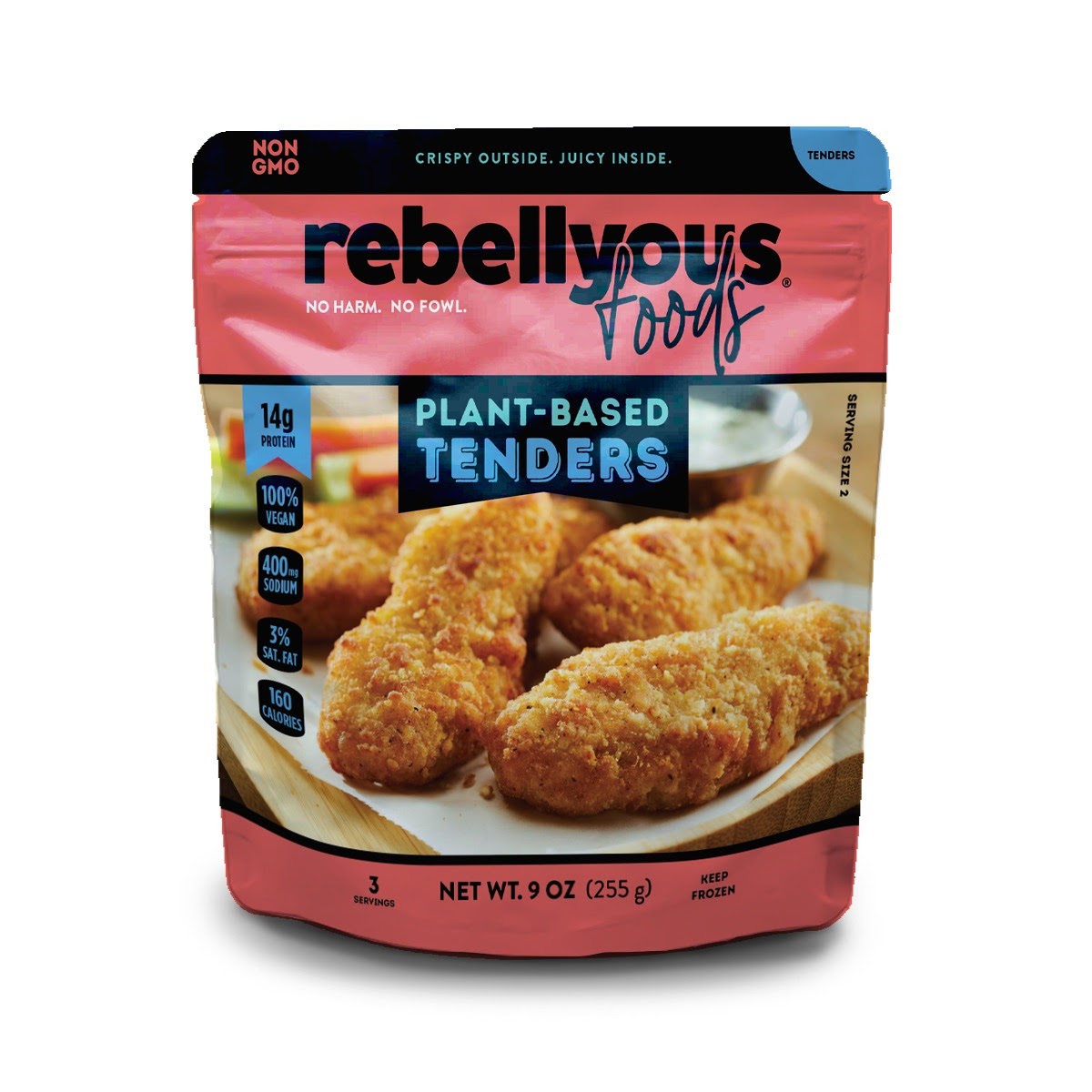A few years ago, plant-based meat makers often faced an uphill challenge in just getting consumers to try their products. In-person samplings at stores, trade shows and community events were key in introducing the masses to meat made from plants.
Today, plant-based meat alternatives are mainstream and a growing number of people are including them in at least some of their meals. Eighteen percent of US households were buying plant-based meats in 2020, up from 14% the previous year, according to SPINS data compiled for the Plant Based Foods Association and the Good Food Institute, and 63% of plant-based meat buyers rated as “high-repeat customers.”
“The data tells us unequivocally that we are experiencing a fundamental shift as an ever-growing number of consumers are choosing foods that taste good and boost their health by incorporating plant-based foods into their diet,” Plant Based Foods Association Senior Director of Retail Partnerships Julie Emmett said in a statement.
US retail sales of plant-based meat grew 45% to $1.4 billion last year from 2019, double the growth rate of conventional meat sales in a year that included several months of shoppers stockpiling food and groceries. Plant-based products now account for 2.7% of total packaged meat sales.
Growing demand has demonstrated to food companies, from startups to established international players, that plant-based meat is more than a niche market and the scene today is competitive, driving brands to new marketing and advertising efforts to stand out.
The pandemic has hit pause on most in-person sampling opportunities, making social media campaigns, YouTube videos and focus groups even more important in cutting through the competition and getting products onto the plates of consumers.
From foodservice to retail
Seattle-based Rebellyous Foods had been focused on perfecting plant-based chicken-nuggets for school meal programs and other foodservice channels, and its expansion into retail products with the launch of its Plant-Based Tenders and Plant-Based Patties early this year meant the company needed to find ways to market directly to consumers.
In-store samplings were out because of the pandemic, founder and CEO Christie Lagally said. Instead, the company turned to an online community called Moms Meet that gives moms the opportunity to test new, better-for-you products for free in exchange for posting reviews. Bloggers and influencers called Mom Ambassadors try new products and share their feedback with the companies and with the public in online reviews.
Rebellyous has also compiled a slew of short YouTube videos featuring families, foodservice executives and some high-profile vegan chefs taste-testing the products to upbeat music and accompanied by snappy wordplay like “If chicken lovers are ever fooled by our plant-based products, we wouldn’t cry fowl” and “When a big-time vegan chef wants to test our plant-based nuggets, we won’t chicken out.”
The products from Rebellyous have rolled out to the freezer sections of about 200 Safeway stores in the Pacific Northwest as well as about 40 independent grocers, and it’s on track to expand to more locations in that region and launch on the East Coast in the coming weeks, with the goal of ending 2021 with a presence in as many as 700 stores.
The company has done some paid advertising locally, including bus ads and radio spots that have raised awareness, Lagally said, and it’s likely to repeat that as it moves into new markets.
Dipping a toe into national advertising
Companies at their early stages have to balance promoting their products to generate demand and scaling up production to make sure they can meet that demand. Rebellyous has been growing production with a focus on technology that can maintain quality while boosting volumes, and the biggest challenge remains making sure it can deliver the quantities needed, Lagally said.
Some brands that are further along have only recently expanded from online video spots to national commercials.
In April of this year, Impossible Foods rolled out its first national ad campaign with the tagline “We Are Meat.” Five different spots were included in the campaign to promote the Impossible Burger which at the time had a presence in 20,000 grocery stores and 30,000 restaurants, according to the company’s news release.
The Impossible campaign launched less than a year after rival Beyond Meat debuted its first TV spot, a commercial narrated by Octavia Spencer with the theme “What If?” Where Impossible’s first spots aim squarely at beef lovers with mouthwatering shots of grilling plant-based burgers, Beyond begins with the cow and asks “What if we took this cow off the table and just made friends with it?”
In addition to the animal welfare aspect, the Beyond spot also touches on the environmental and health aspects of shifting to plant-based meat, in addition to showing shots of the many ways Beyond Meat can be prepared.
Earlier this year, Lightlife also signed a celebrity to promote its revamped plant-based meat products. Awkwafina narrates 30-second spots dubbed “Thrive” and “Inside,” both of which end with the tagline “Lightlife: Simple ingredients for a full life.”
It’s not certain when pre-pandemic traditions like in-store samplings will return in a big way, but Rebellyous is focusing on some other ways to get its plant-based products in front of more consumers as the retail rollout continues, Lagally said.
“As we get into next year, we’re going to think about some food truck collaborations and restaurant collaborations to help drive retail sales.”
Related stories:
- Restaurants embrace plant-based meat alternatives tailored to their brands
- How fancy food brands can feed consumers in the pandemic and beyond
- Grocers embrace robotics, automated systems
If you liked this article, sign up for SmartBrief’s free email newsletter from the Food Industry Association. It’s among SmartBrief’s more than 250 industry-focused newsletters.
